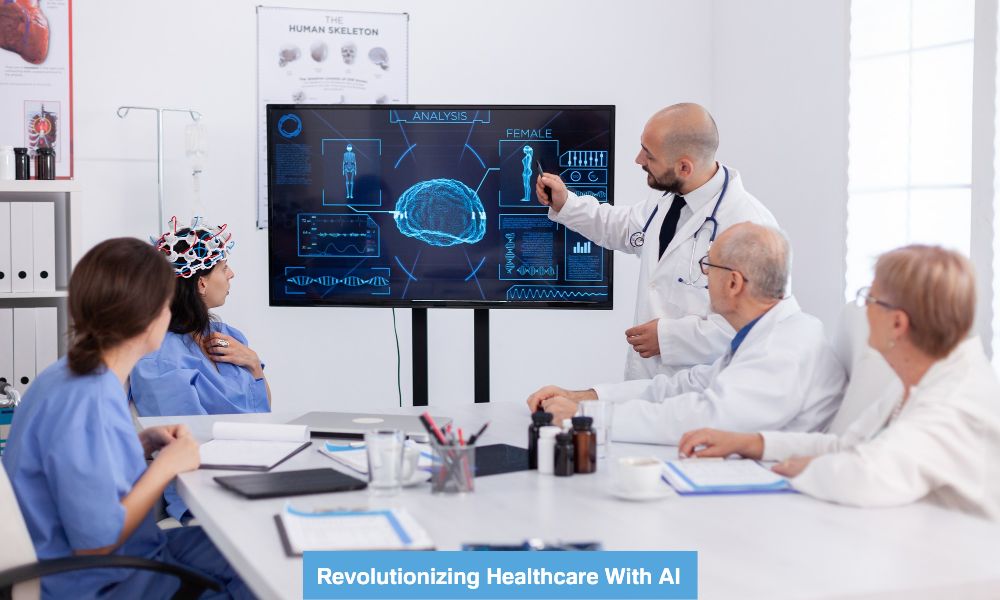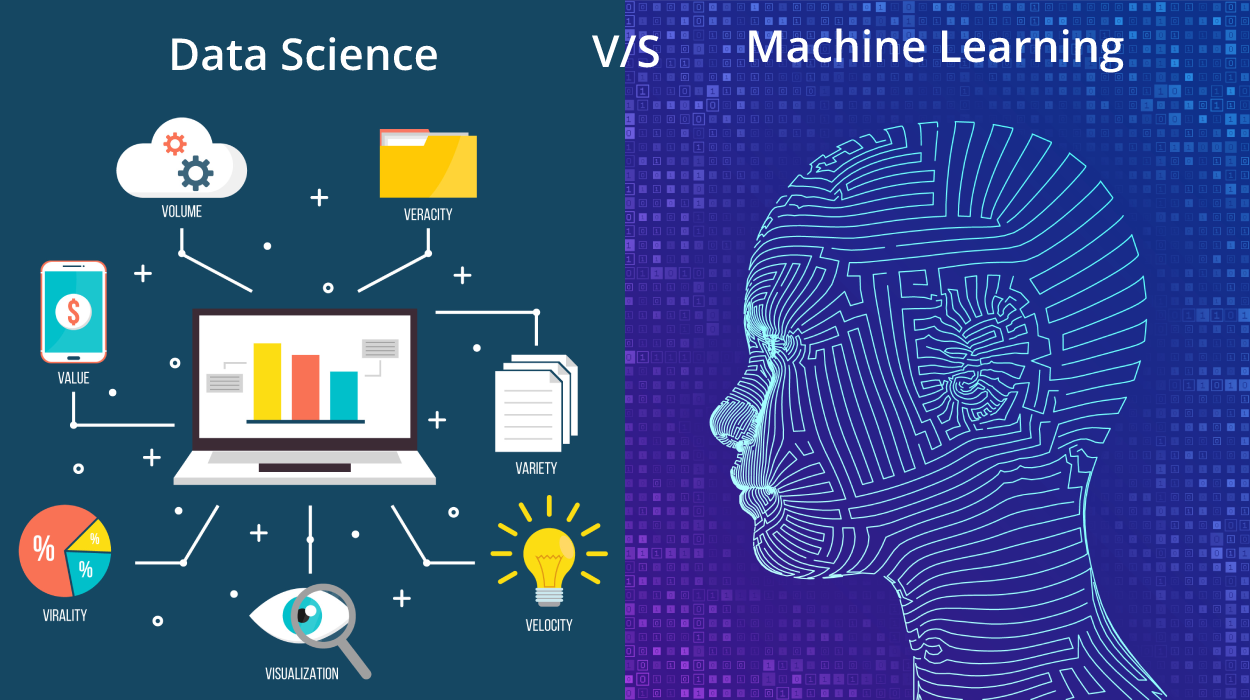Artificial Intelligence (AI) is a transformative technology that is revolutionizing various industries, including healthcare. In the healthcare industry, AI has the potential to improve patient outcomes, increase efficiency, and reduce costs. In this article, we will explore some examples of how AI is currently being used in healthcare and the opportunities that exist for the future.
One of the most promising applications of AI in healthcare is medical imaging. With the use of deep learning algorithms, AI can analyze large amounts of medical imaging data, such as X-rays, CT scans, and MRIs, to detect and diagnose diseases. For instance, AI has been used to accurately detect breast cancer in mammograms, and to identify brain tumours in MRI scans. By analyzing these images, AI can provide faster and more accurate diagnoses, which can ultimately improve patient outcomes.
Another area where AI is being used in healthcare is clinical decision support systems (CDSS). CDSS are computer programs that help healthcare providers make more informed decisions by analyzing patient data and providing evidence-based recommendations. For instance, a CDSS can analyze a patient's medical history and current symptoms to suggest a diagnosis or recommend a treatment plan. By providing this guidance, CDSS can help to reduce errors and improve the quality of care.
Predictive analytics is another area where AI is transforming healthcare. With the help of machine learning algorithms, AI can analyze patient data to predict the likelihood of certain outcomes, such as hospital readmissions or disease progression. This information can be used to create more personalized treatment plans, which can ultimately improve patient outcomes and reduce costs.
AI is also being used to improve electronic health records (EHR) and other healthcare data systems. By analyzing large amounts of data, AI can identify patterns and insights that can help to optimize patient care. For instance, AI can analyze EHR data to identify patients who are at risk of developing certain conditions, and alert healthcare providers to take preventive measures. Additionally, AI can help to reduce administrative burdens by automating tasks such as scheduling appointments and filling out paperwork.
Remote patient monitoring is another area where AI is making an impact in healthcare. With the help of wearable devices and sensors, AI can collect patient data, such as heart rate, blood pressure, and oxygen levels, and transmit it to healthcare providers in real time. This information can be used to detect changes in a patient's condition, and alert healthcare providers to take action when necessary. By providing remote monitoring, AI can help to reduce the need for hospital visits and improve patient outcomes.
Virtual assistants are also being used in healthcare to provide patients with personalized care. For instance, AI-powered chatbots can be used to answer patients' questions and provide guidance on self-care. By providing this support, virtual assistants can help to improve patient satisfaction and reduce the workload on healthcare providers.
Precision medicine is another area where AI is having an impact on healthcare. By analyzing large amounts of genomic data, AI can identify the most effective treatments for individual patients based on their unique genetic makeup. This can help to improve treatment outcomes and reduce the risk of adverse reactions to medication.
AI-based drug discovery is also a promising area of research in healthcare. By analyzing large amounts of data, such as genomic data and drug interactions, AI can identify new drug candidates and predict their efficacy. This can help to accelerate the drug discovery process and bring new treatments to market more quickly.
In conclusion, AI is transforming the healthcare industry by providing new opportunities to improve patient outcomes, increase efficiency, and reduce costs. From medical imaging and clinical decision support systems to predictive analytics and virtual assistants, the applications of AI in healthcare are diverse and growing. As the technology continues to evolve, we can expect to see even more innovative applications of AI in healthcare, with the potential to revolutionize the way we approach patient care.








